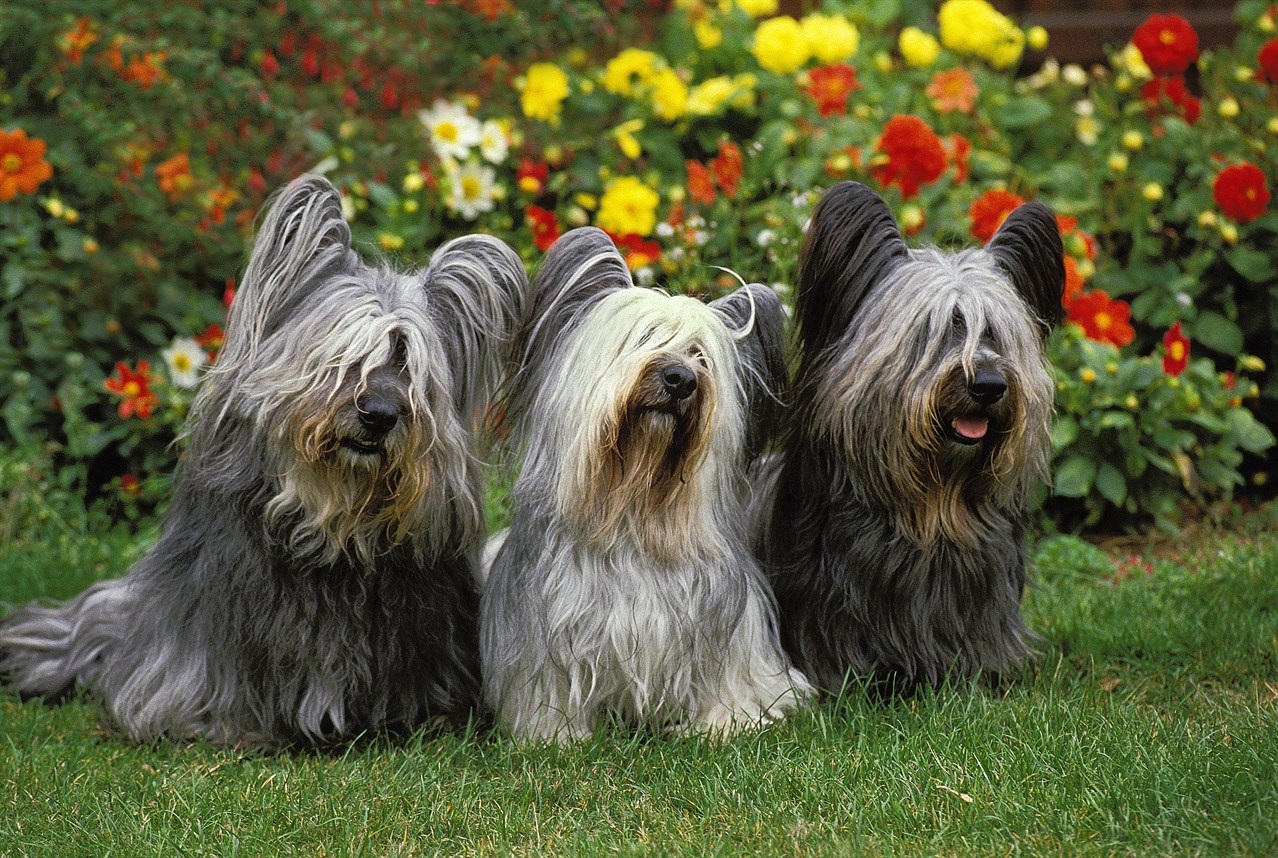Sleeping Requirements and Sleeping Habits of the Skye Terrier

Understanding the sleeping requirements and habits of the Skye Terrier is crucial for ensuring their well-being and providing them with a comfortable sleep environment.
Daily Sleep Needs
Skye Terriers, like most dogs, require a significant amount of sleep to stay healthy and energetic. On average, adult Skye Terriers need about 12 to 14 hours of sleep per day. Puppies and elderly dogs may require even more sleep.
Quiet and Comfortable Space
Providing your Skye Terrier with a quiet and comfortable sleeping space is essential. Most dogs prefer a quiet, dimly lit area where they can rest undisturbed. Consider a cosy dog bed or crate that allows them to stretch out comfortably.
Consistent Sleep Schedule
Establishing a consistent sleep schedule can help regulate your Skye Terrier's internal clock. Try to maintain a routine where they go to bed and wake up at the same times each day. This can be especially helpful for housebreaking and preventing nighttime disturbances.
Crate Training
Many Skye Terrier owners find crate training to be a valuable tool for housebreaking and nighttime routines. Dogs often view their crate as a secure den-like space, which can promote relaxation and improve sleep quality.
Exercise Before Bedtime
Engaging your Skye Terrier in physical activity, such as a walk or playtime, before bedtime can help burn off excess energy and encourage a good night's sleep. However, avoid vigorous exercise right before sleep, as it may have the opposite effect and make them more restless.
Mental Stimulation
Mental stimulation is as important as physical activity for a dog's well-being. Provide your Skye Terrier with interactive toys or puzzles to keep their mind engaged during the day, which can lead to more restful sleep.
Health Considerations
Keep an eye on your Skye Terrier's overall health, as discomfort or pain can affect their sleep quality. If you notice any changes in their sleeping habits, such as restlessness, excessive waking, or signs of discomfort, consult with a veterinarian to rule out any underlying health issues.
Sleep Position
Skye Terriers, like most dogs, may adopt various sleeping positions. These can range from curled up in a ball to stretched out on their side. The position they choose often depends on their comfort and the ambient temperature.
Snoring and Dreaming
It's not uncommon for dogs, including Skye Terriers, to snore occasionally or even dream during their sleep. These behaviours are typically harmless and part of a dog's natural sleep cycle.
In conclusion, understanding the sleeping requirements and habits of the Skye Terrier is vital for promoting their well-being and ensuring they get the rest they need. By providing a comfortable sleeping environment, maintaining a consistent schedule, and addressing any health concerns, you can help your Skye Terrier enjoy restful and rejuvenating sleep.
Skye Terrier puppies for sale
- Find Skye Terrier puppies for sale in ACT
- Find Skye Terrier puppies for sale in NSW
- Find Skye Terrier puppies for sale in NT
- Find Skye Terrier puppies for sale in QLD
- Find Skye Terrier puppies for sale in SA
- Find Skye Terrier puppies for sale in TAS
- Find Skye Terrier puppies for sale in VIC
- Find Skye Terrier puppies for sale in WA